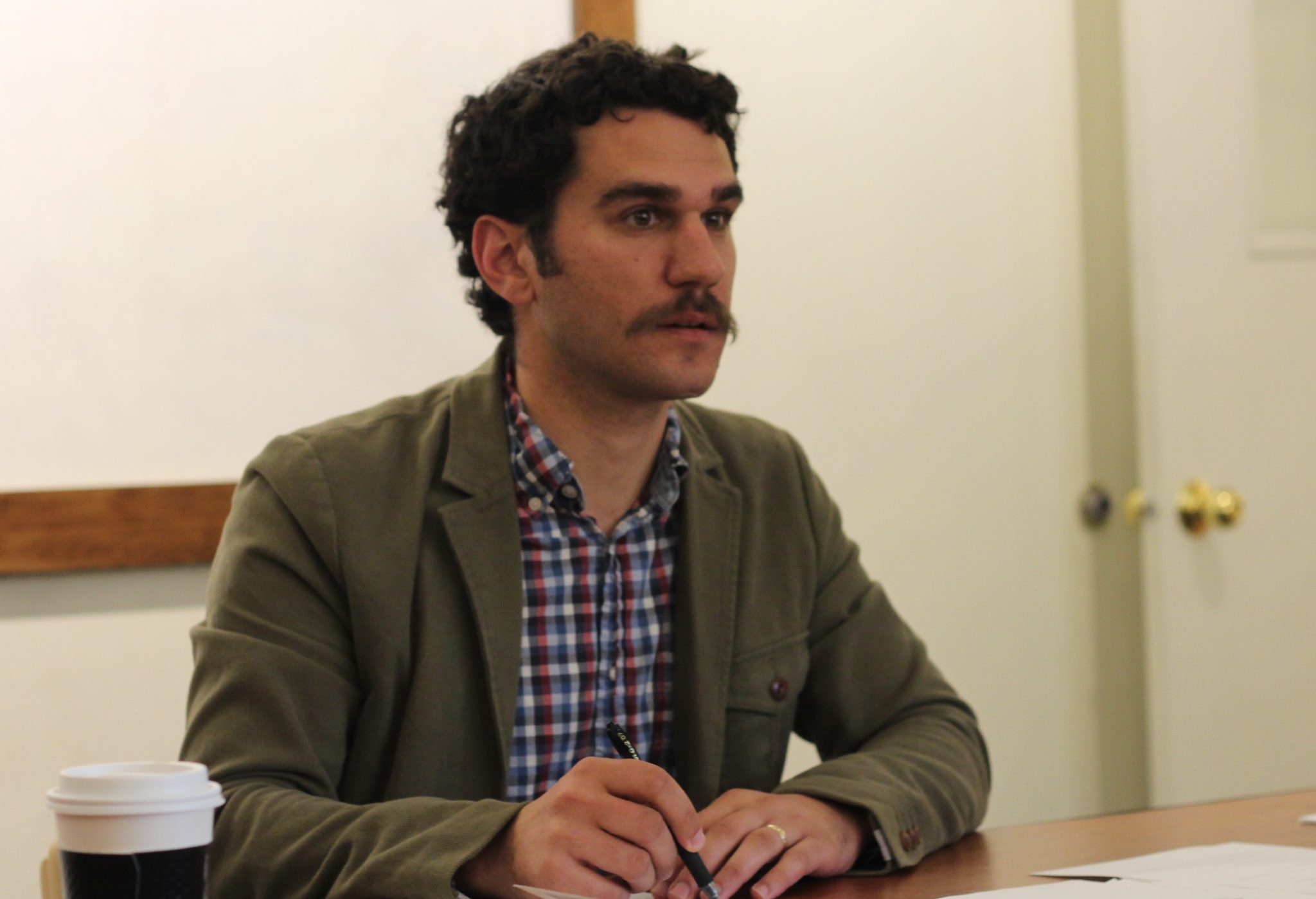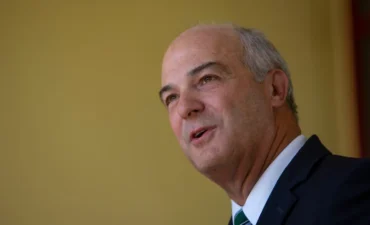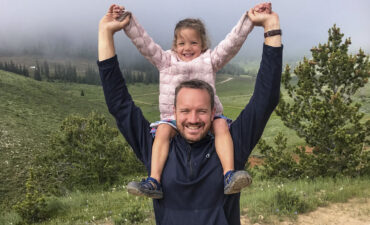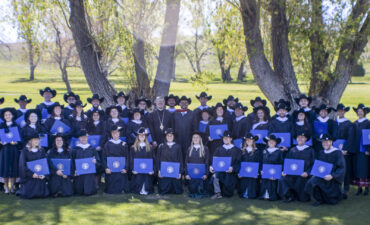Meet Our New Professors, Part 1: Dr. Pavlos Papadopoulos
At the beginning of this academic year, WCC brought five new professors on board to help with the steadily-growing student body. Pavlos Papadopoulos comes to Lander from Dallas Texas where he received his Ph.D. and taught at the University of Dallas.
What will you be teaching at Wyoming Catholic College?
Humanities (this semester, Humanities 201: The Roman Order and 401: Exodus and the American Vision).
What where the factors and events that led you to find and want to work for Wyoming Catholic College?
Every educational endeavor builds upon a more-or-less explicit, more-or-less adequate understanding of human nature. I learned about Wyoming Catholic around the same time as I became convinced of the truth of the Catholic conception of the human person and our relation to God and nature. The curriculum is built upon this true and clearly-seen vision, and every indication suggests that the College as a whole is a mature attempt to provide a genuinely liberal education.
What drew you to the specific discipline you pursued in graduate school?
I pursued the study of political philosophy because I wished to clarify and correct my own beliefs about the character of a just political order and its relation to the first principles of human nature, and my encounter with the great books as an undergraduate had given me reasonable confidence that the best means to this end would be to deepen my familiarity with the Western tradition of political thought.
How do you relate your faith to your specific field of study?
A significant preparation for my conversion to Catholicism came in graduate school, as I realized that it was not enough to gain fluency with the variety of views held by the great minds I was reading, and that I was more and more convinced by those who fall within what the WCC Philosophical Vision Statement calls the philosophia perennis. Political philosophy is not directly concerned with the nature of God; in fact, it need not assume divine revelation at all, for it begins from the experiences we have as rational animals living in community. Yet as Tocqueville points out, virtually every human action is derived from some notion about the nature of God, of man, and of duty. The questions about justice, prudence, and the common good explored by political philosophy lead us toward questions about the nature of God, in Whom we find the fulfillment of justice and community. Political philosophy is concerned not only with raising these questions but also with clarifying the extent to which such ideas can and ought to be realized in the common sphere.
What is your (educational) background?
I attended K-12 public schools in Massachusetts. My first encounter with a liberal education through the study of the liberal arts and discussion of the great books of the West was at St. John’s College. I then pursued an M.A. and Ph.D. in Political Philosophy at the University of Dallas, where I taught courses in politics, philosophy, and history.
What do you enjoy doing outside of the classroom?
After several years in the Dallas–Fort Worth Metroplex, it is refreshing in many ways to finally feel that I have arrived in the real West, and I especially look forward to hiking and otherwise exploring the Wyoming wilderness.
What will be the biggest change for you moving to Lander, WY?
The biggest change has coincided with our move: our first child was born shortly before we moved to Lander.
What excites you most about teaching at Wyoming Catholic College?
This semester, I am excited to teach literary texts alongside and in conversation with political, philosophical, and historical texts. I also look forward to catching up with our students when it comes to their fluency in lyric poetry.
What would you like to bring to WCC to enhance and improve the experience for the students?
I look forward to working with my colleagues to bring a greater understanding of political philosophy, the past and present character of the American regime, and the history of liberal education to our students.





